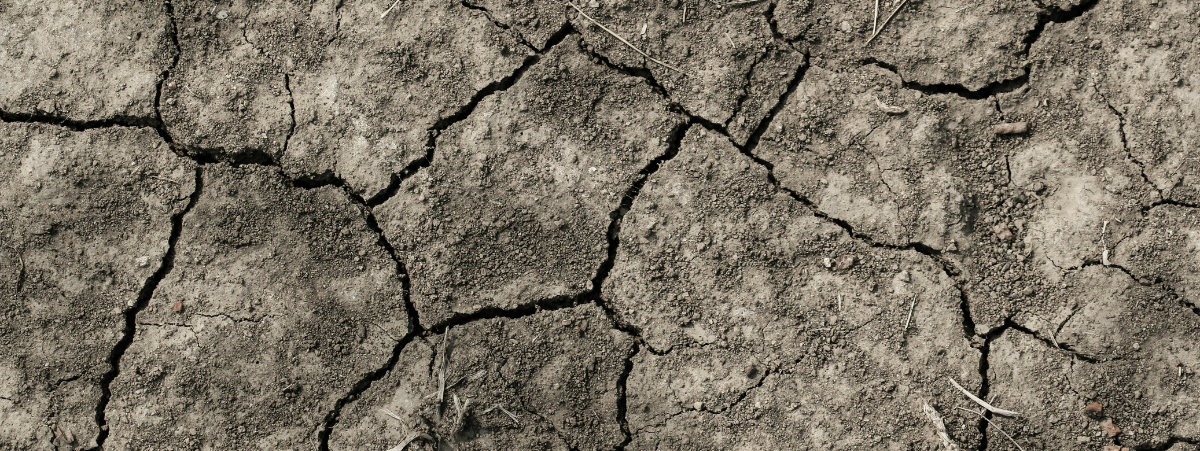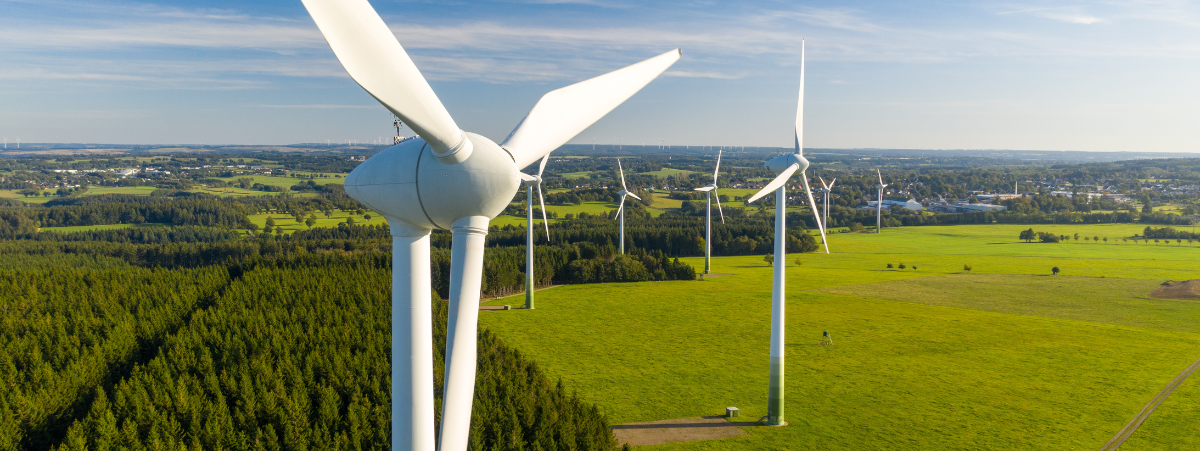This year, the United Nations has chosen February as the month to focus on SDG 5, gender equality. In this article, we dive into a key concept connecting gender issues with climate action: gender-just climate finance.
Women are disproportionately affected by climate change, but they also represent a huge opportunity to tackle it: Project Drawdown, which asses the potential impact of different actions to fight climate change, ranks family planning and girls’ education as the third most impactful of 93 actions to keep the global temperature rise below 2ºC by 2100, after reduced food waste and plant-rich diets. In fact, Project Drawdown estimates that access to high-quality education and voluntary family planning, particularly for girls, could result in the reduction of 68.9 gigatons of CO2 equivalent between 2020 and 2050.
According to the World Economic Forum, “when women are invited to participate in climate action, they are particularly effective agents of change”.
We’ve said it before: there can be no climate justice without gender equality. And yet, gender issues remain low on the agenda at climate conferences. Big data analysis of speeches at COP24, COP25 and COP26 found that only 32 out of 201 speeches mentioned keywords related to gender, and that just 16% of countries on average referenced gender in their climate-related speeches.
It’s clear that gender equality must become a larger part of the climate agenda, and that includes ensuring that climate finance is more gender-inclusive.
What is climate finance
Climate finance refers to the financing of climate change mitigation and adaptation initiatives around the world. This financing can come from public, private or alternative sources at the local, national or transnational level. According to the UN Framework Convention of Climate Change (UNFCCC): “Climate finance is needed for mitigation, because large-scale investments are required to significantly reduce emissions. Climate finance is equally important for adaptation, as significant financial resources are needed to adapt to the adverse effects and reduce the impacts of a changing climate.”
Recognizing that not all countries are equally affected by climate change, and that those most affected also tend to be those with the least resources to cope, the UNFCCC has made it clear that climate finance mechanisms should be used by rich countries to provide financial support to their most vulnerable counterparts.
Some of the climate finance mechanisms developed under UN guidance include the Global Environment Facility(GEF), the Green Climate Fund (GCF), the Special Climate Change Fund (SCCF), the Least Developed Countries Fund (LDCF) and the Adaptation Fund (AF).
Gender equality is rarely a priority for climate funds
Unfortunately, it seems as though none of these mechanisms consider gender equality when allocating climate finance. Only 31% of bilateral official development assistance (ODA) earmarked for climate in 2014 also supported the achievement of gender equality, and just 3% had gender equality as a principal objective. Even within this 31% it is unclear how much financing was actually allocated to women’s rights organizations.
This is partly due to the fact that climate finance mainly goes through large, international institutions such as UNDP, EBRD, the World Bank, ABD, and IDB, and may struggle to reach the local level – where most gender equality organizations are concentrated. But it may also be the result of a lack of inclusivity in climate finance decision-making: women made up only 39% of members of decision-making bodies under the UNFCCC in 2022.
Making gender-just climate finance a reality
In order to reverse this trend, the Global Alliance for Green and Gender Action (GAGGA) released a call to action ahead of COP27 in Sharm el-Sheikh. The document provides clear recommendations for governments and policy-makers in developed countries to ensure gender-just climate finance.
They include:
- the public commitment of a fair share of climate finance
- the contribution to ambitious new collective goals post-2025
- stopping all oil, gas and coal financing
- joining the Generation Equality Forum Commitment Campaign, which aims to provide US$100 million to feminist action for climate justice by 2026
- setting specific and mandatory gender performance targets
- conducting gender analyses to inform the implementation of gender-just climate projects
- monitoring and evaluating results
- supporting meaningful engagement and movement building from women’s rights groups
Additionally, GAGGA called for UNFCCC climate finance mechanisms to implement a number of actions, such as increasing resources for gender policies, monitoring gender action plans transparently, providing mandatory guidelines for international institutions that receive climate finance to facilitate institutionalized stakeholder engagement, and many more.
“True innovation is addressing the needed change directly, through bottom-up approaches that center gender equality and grapple with root causes and complexities of intersecting challenges, and by scaling the proven and context-specific actions of communities worldwide. These rights-based, people-centered, local approaches enable communities and marginalized groups to build long-term capacities and lead to effective and lasting transformation,” notes GAGGA in the document.







